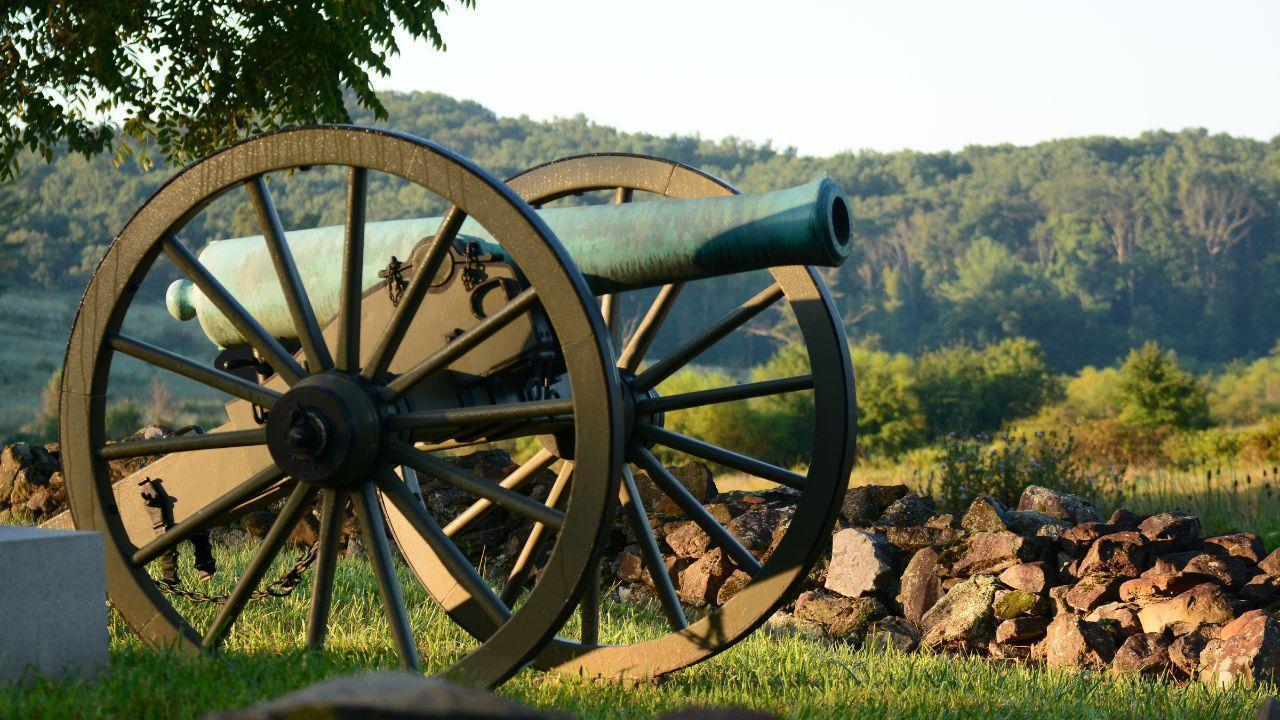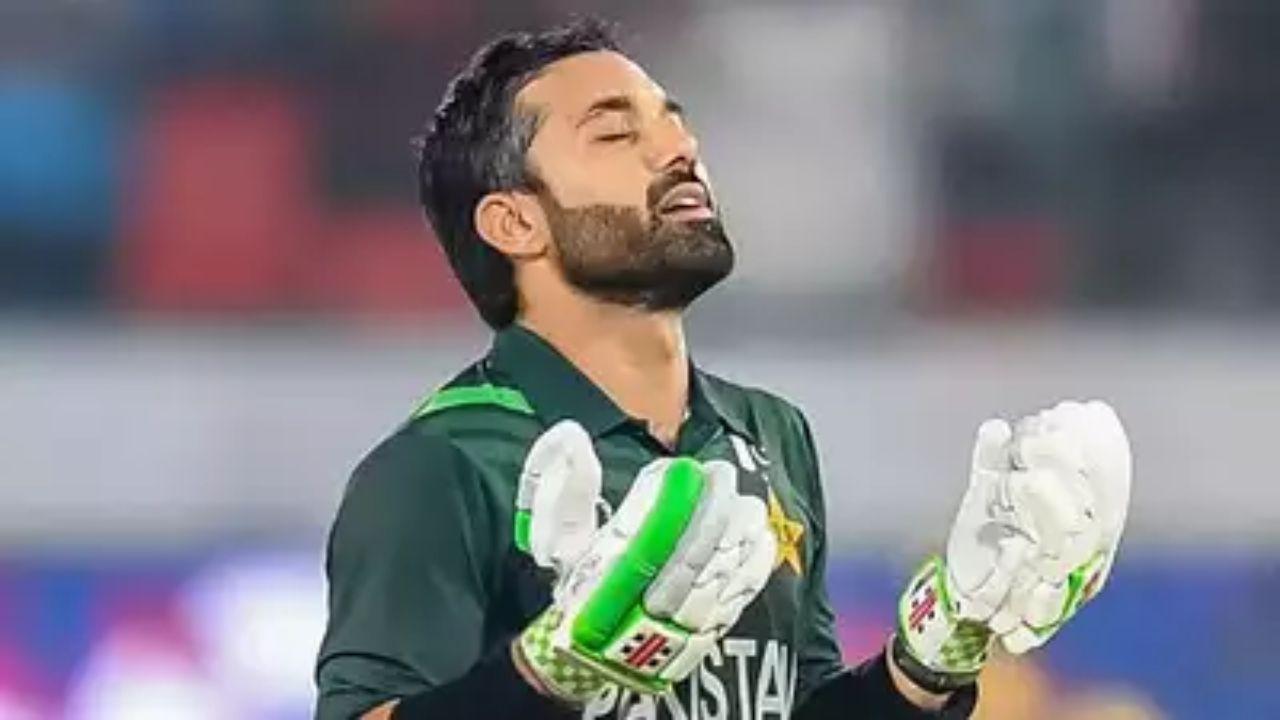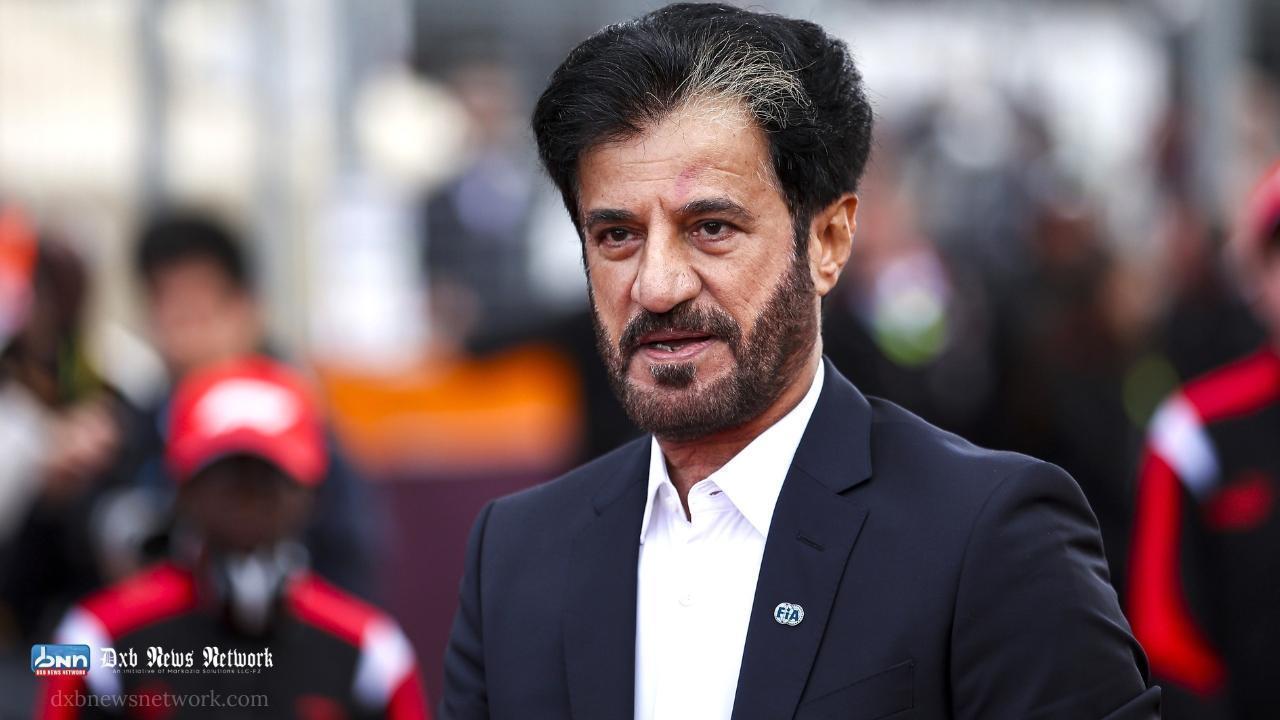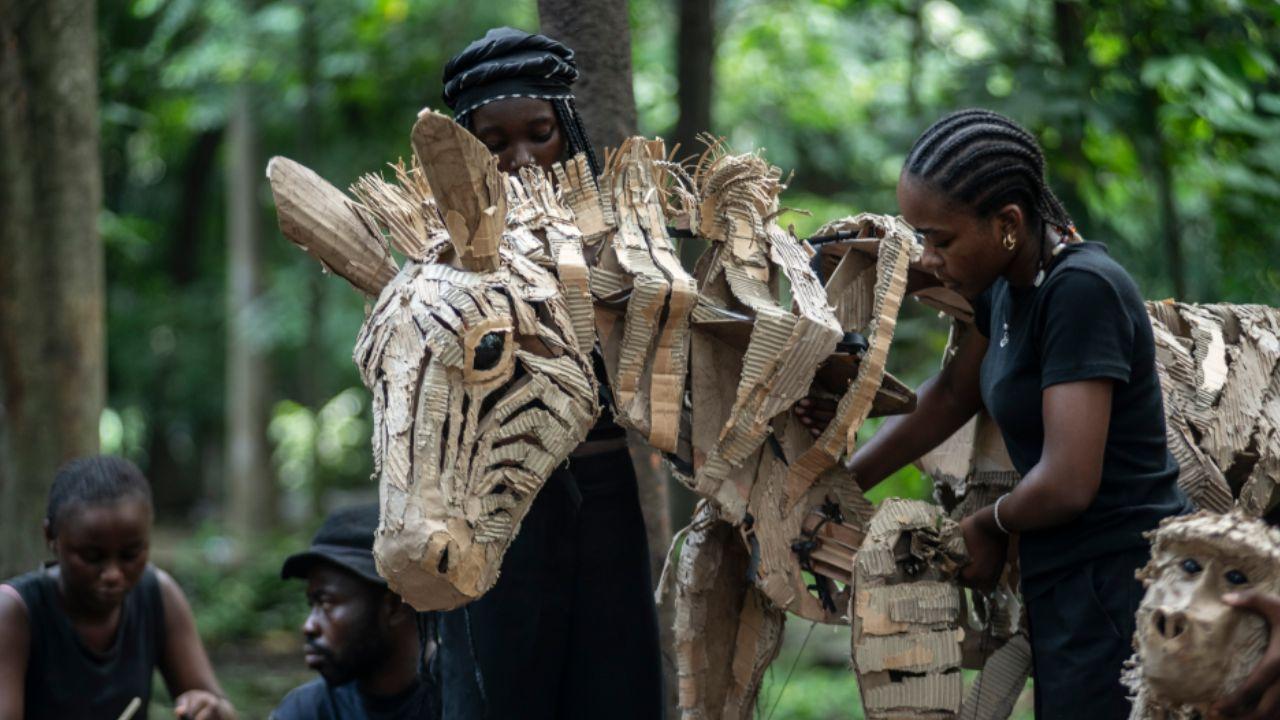
Post by: Vansh Kumar
Wars have shaped the course of human history, altering societies, economies, and global politics. From ancient battles to modern conflicts, warfare has influenced borders, technological advancements, and even cultural identities. The History of Wars and Their Impact on the World is a story of destruction and resilience, where nations have fallen and risen, economies have collapsed and rebounded, and civilizations have evolved. Understanding the effects of war helps us learn from the past and build a more peaceful future.
The earliest recorded wars date back to ancient civilizations such as Mesopotamia, Egypt, Greece, and Rome. These wars were often fought for territorial expansion, resources, or power. The Peloponnesian War between Athens and Sparta weakened Greek city-states, paving the way for Macedonian and later Roman dominance. The Punic Wars between Rome and Carthage led to the rise of the Roman Empire, reshaping the Mediterranean world. Ancient wars also contributed to technological and military innovations. The development of iron weapons, war chariots, and naval fleets changed combat strategies. Moreover, these conflicts led to cultural exchanges, as victorious empires spread their languages, laws, and traditions.
During the Middle Ages, wars were often driven by feudal disputes, religious conflicts, and ambitions for empire-building. The Hundred Years' War between England and France reshaped both nations and led to the rise of nationalism. The Crusades, a series of religious wars between Christians and Muslims, had long-lasting effects on European and Middle Eastern societies, influencing trade, architecture, and diplomatic relations. One of the most devastating conflicts of this era was the Mongol invasions, which created one of the largest empires in history. While brutal, the Mongols also facilitated the Silk Road trade, connecting East and West. The wars of the medieval period laid the foundation for modern nation-states and redefined global interactions.
The invention of gunpowder and the rise of nation-states in the 16th and 17th centuries led to more destructive wars. The Napoleonic Wars changed European borders and influenced military tactics worldwide. However, it was the two World Wars that had the most significant impact on the modern world. World War I, known as the "Great War," involved multiple nations and introduced trench warfare, machine guns, and chemical weapons. The war resulted in millions of deaths and led to the collapse of empires, including the Ottoman and Austro-Hungarian Empires. The Treaty of Versailles imposed harsh penalties on Germany, setting the stage for World War II. World War II, one of the deadliest conflicts in human history, saw the rise of fascism and totalitarian regimes. It involved global superpowers, including the U.S., Soviet Union, Britain, and Germany. The war led to the Holocaust, the atomic bombings of Hiroshima and Nagasaki, and the division of Germany. The post-war era saw the establishment of the United Nations to promote peace and prevent future conflicts.
Following World War II, the world saw a different kind of war—the Cold War. It was a geopolitical struggle between the U.S. and the Soviet Union, characterized by nuclear arms races, proxy wars, and ideological battles. While direct conflict was avoided, wars in Korea, Vietnam, and Afghanistan were fueled by the tensions between capitalist and communist powers. The Cold War also accelerated technological advancements, including space exploration, which led to the moon landing in 1969.
In the 21st century, warfare has taken new forms. Terrorism, cyber warfare, and regional conflicts have replaced traditional battles between nation-states. The War on Terror, launched after the 9/11 attacks, has led to prolonged conflicts in the Middle East. Civil wars, such as those in Syria and Yemen, have caused humanitarian crises and mass displacement. The economic and social impact of modern wars is profound. Wars disrupt economies, destroy infrastructure, and displace millions. However, they have also driven technological progress, including advancements in medical treatments, communication systems, and defense technology. The digital age has also changed warfare, with cyberattacks and misinformation campaigns becoming new tools of conflict.
Despite the devastation caused by wars, efforts to maintain peace have increased. Organizations such as the United Nations, NATO, and the International Criminal Court work to prevent conflicts and hold war criminals accountable. Diplomacy, international trade, and economic cooperation have played key roles in reducing the likelihood of large-scale wars. While conflicts continue, global awareness and humanitarian efforts have grown stronger. Education, cultural exchanges, and peace treaties have contributed to a more interconnected world where nations work together for stability and development. The lessons of history remind us of the cost of war and the value of peace.
The History of Wars and Their Impact on the World explores how wars have shaped civilizations, economies, and global politics. From ancient battles that expanded empires to modern conflicts that reshaped borders, wars have influenced technological advancements, international relations, and cultural exchanges. The article examines key wars throughout history, including the World Wars, the Cold War, and recent global conflicts, highlighting their economic, social, and technological effects. While wars have led to devastation, they have also driven progress in areas such as medicine, communication, and defense. The discussion concludes with the importance of diplomacy, peace efforts, and global cooperation in preventing future conflicts and ensuring a stable world.
This article is for informational purposes only and does not promote or support any form of conflict or violence. While we strive for accuracy, historical interpretations may vary, and readers are encouraged to explore multiple sources for a broader understanding. DXB News Network is committed to delivering unbiased and factual content to educate and inform our audience.
#trending #latest #HistoryOfWars #GlobalImpact #WorldConflicts #WarAndSociety #HistoricalEvents #MilitaryHistory #GlobalChanges #WarEffects #PastAndPresent #ShapingTheWorld #breakingnews #worldnews #headlines #topstories #globalUpdate #dxbnewsnetwork #dxbnews #dxbdnn #dxbnewsnetworkdnn #bestnewschanneldubai #bestnewschannelUAE #bestnewschannelabudhabi #bestnewschannelajman #bestnewschannelofdubai #popularnewschanneldubai

Russian Missile Strike in Ukraine's Sumy Kills 34, Injures Over 100...Read More.

Support for Gaza must grow. Sheikh Sultan urges action in health, food, and education for refugees. Join the cause now...Read More.














Rory McIlroy wins Masters, completes career Grand Slam
Rory McIlroy wins the Masters in dramatic style, beating Justin Rose in a playoff and becoming the f

Rizwan Says English Isn’t a Must, Only Cricket Matters
Mohammad Rizwan proudly says he’s not ashamed of poor English. For him, playing cricket for Pakistan

Nightclub Roof Collapse in DR: Death Toll Hits 226
226 dead in Dominican nightclub collapse; nation mourns as families seek answers

Middle East’s Growing Influence in Formula 1 Recognized by FIA President Mohammed Ben Sulayem
Middle East’s Growing Influence in Formula 1 Recognized by FIA President Mohammed Ben Sulayem

'The Herds' starts journey from Africa to the Arctic Circle
‘The Herds,’ a cardboard animal show, starts in Congo to show how climate change pushes nature away.